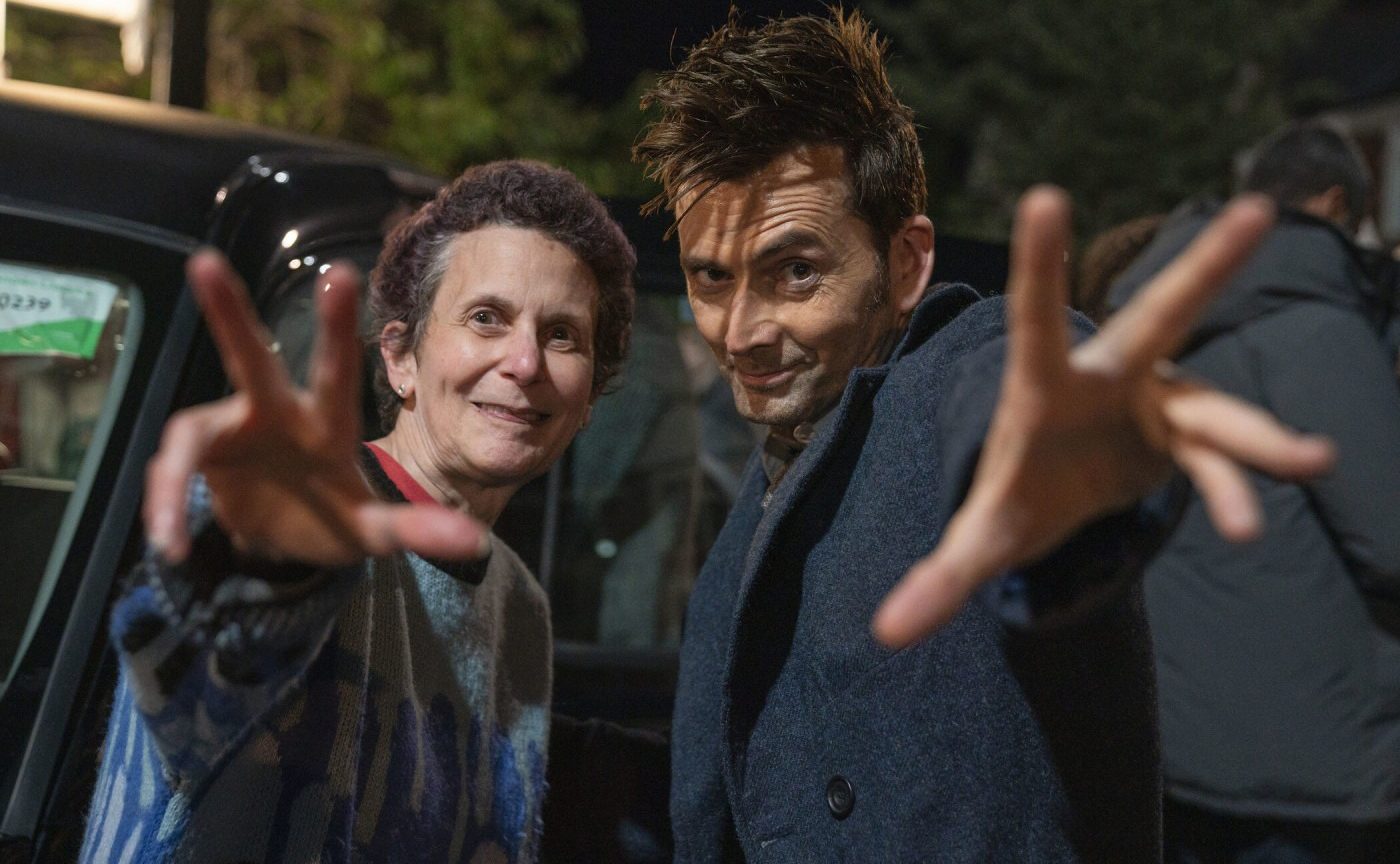My love letter to Doctor Who
Allons-y! Doctor Who’s 60th anniversary with David Tennant, Catherine Tate and the introduction of Ncuti Gatwa as the 15th incarnation of the Doctor is now here! Being a fan since my youth, I can barely contain my innate sense of ‘whovian’ glee and wonder.
Doctor Who follows a 900-year-old time-lord from the planet Gallifrey, who flies through time and space in the TARDIS (a blue police box) with his (mostly) human companions while saving the universe from creatures that threaten to destroy it. I should also mention the Doctor carries a sonic screwdriver! The genius of the show is that the Doctor has two hearts and can therefore ‘regenerate’ into a new body right at the point of seeming death, which has allowed the show to constantly reinvent itself. First broadcast in 1963, the show remained on air until 1989 before returning in 2005, cementing its legacy as a televisual touchstone.
Under all this nostalgia lies my true love for Doctor Who; it simply allowed me to disappear
The first episode of the show I ever saw, Smith and Jones, was recorded onto a VHS tape by my grandparents, who unknowingly started a borderline unhealthy obsession. The title sequence, with its swirling mass of colour, the story of a hospital on the moon, with a rhinoceros police force called ‘Judoon’, and Martha Jones being whisked away by a dashing young man in a pin-stripe suit to explore the wonders of the universe (which myself at the time didn’t realise was a subtle queer awakening), had me transfixed. By my third watch, I was already pretending I was the Doctor, with a makeshift Phillips screwdriver, protecting myself from aliens.
From that moment on, I was Doctor Who obsessed. I implored my parents to buy DVDs of episodes, waited feverishly for future series, dressed up as the Doctor and read both the books and the weekly magazine. The 2000s were THE time to be a fan, with exhibitions, concerts, and endless spin-offs that led to the creation of a ‘multiverse’. I dissected episodes intently with the only other fan I knew at the time (my mum) and can vividly envision going to see the behemoth Toys ‘R’ Us displays of merchandise. I even remember the TARDIS and Dalek cakes I had for birthdays. I am not ashamed to say I have danced to the theme tune alone in my bedroom countless times.
Under all this nostalgia lies my true love for Doctor Who; it simply allowed me to disappear. Whenever the real world felt too scary or overwhelming, I could fly off with the Doctor to anywhere my imagination would take me. It made me feel less lonely, giving me the bravery to stand up to the human monsters that surrounded me.
Some episodes are true clunkers. It doesn’t matter though. They make me laugh, still transporting me to a place of happiness and joy
The show’s companions became my feminist icons. From Martha Jones to Sarah Jane Smith, these women inspired me and taught me to never back down in the face of the most insurmountable fear. Its subtle LGBTQ+ representation, with the inclusion of an omnisexual time agent, showed me that our differences make us valuable. That out in the vastness of the universe, we can be anyone we want to be—a message my little gay heart carried with me until it was ready to be set free.
Therefore, it feels slightly odd, as a fan who has stuck with the show, to see so many excited for its return. In recent years, interest has waned and viewing figures have fallen. However, the fervour around it all is bringing me right back to those days of childish joy.
Some episodes are true clunkers. It doesn’t matter though. They make me laugh, still transporting me to a place of happiness and joy. At the core of the bad episodes still lies a set of characters looking to find something better amidst the monotony of life. It is them that make us adore the show, despite its occasional inconsistencies. These stories are as quintessentially iconic as the rest of the show, reaching a level of camp that I hope I can achieve in my lifetime.
Ultimately, Doctor Who is an incredible piece of television, or, as the Doctor would say, “a big ball of wibbly wobbly timey wimey stuff”. Like all great sci-fi, it provides an escape. The idea that there is a person out in the stars willing to risk their life to save us. In such a gloomy world, what’s wrong with looking out to those stars once in a while?
If only I could step into that little blue box that’s bigger on the inside.
To coincide with the 60th anniversary, ‘The Whoniverse’ has launched on iPlayer, featuring 800 episodes of Doctor Who and its spinoffs.
If any first-timers are interested, I recommend starting with the first episode of the revival, Rose. This should ease you in. Trust me, “you’ll have the trip of a lifetime!”

Comments